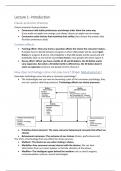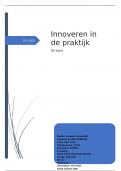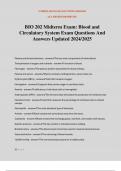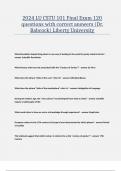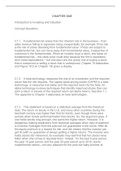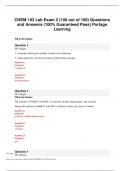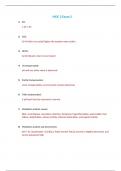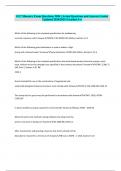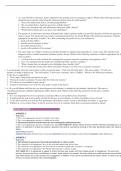Samenvatting
Summary Consumer Psychology and Emerging Technologies Marketing Management Erasmus University
This is an extensive summary of the subject Consumer Psychology and Emerging Technologies at Erasmus University RSM. It includes all notes from class and examples and the summaries from the papers that were dealt with. I got a 9 with this summary.
[Meer zien]
